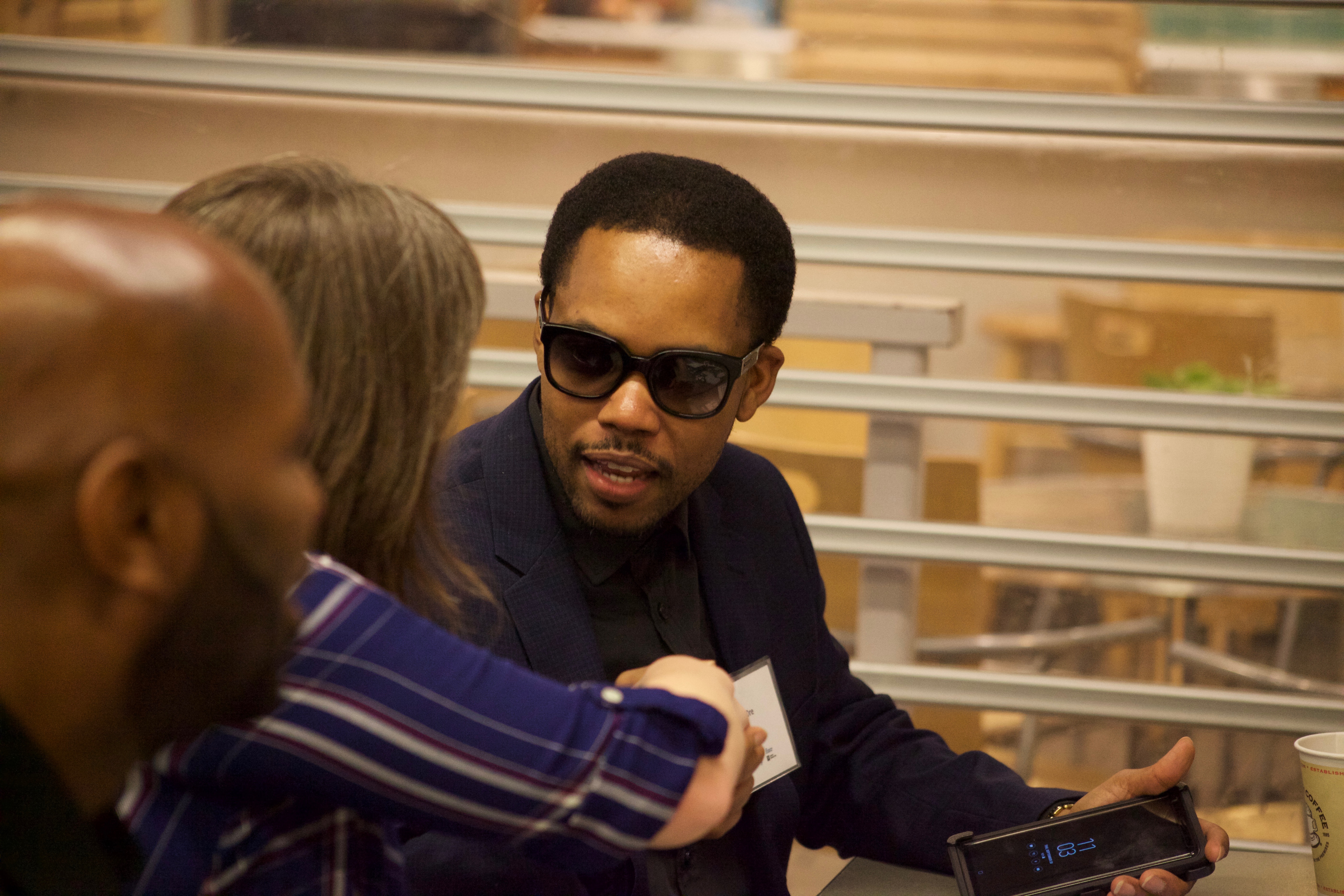
On the Table Philly seeks to open up civic dialogue
After running a pilot edition of the national On the Table initiative last year, the Philadelphia Foundation and the Knight Foundation are teaming up to expand the program designed to promote civic engagement and discussion among community members throughout the city.
This is the second year that the national initiative, started four years ago in Chicago, will take place in Philadelphia. Through the efforts of community-based organizations and leaders, groups of eight to 12 people will gather for meals and discuss relevant questions related to how to improve their communities on Nov. 8.
“It’s a local conversation that’s plugged into a set of national conversations that are happening that we really see as a multiplier effect,” said Patrick Morgan, director of the Knight Foundation in Philadelphia.
Though the program this year is oriented towards providing action, Morgan said that hosting the discussions themselves “is an action in and of itself that requires some civic muscles.”
As of now, the link to sign up as a host or participant is live online and the organizers hope to recruit more people in the coming months.
With food as “the common denominator that cuts across the divides we erect,” said Morgan, the meals serve as a way to transcend barriers of difference.
“I think what it does is it has helped to create maybe a different narrative,” added Morgan. “That it is possible….to have a conversation with someone who doesn’t have the same background as you, doesn’t look like you, isn’t from your neighborhood.”
Pedro Ramos, president and CEO of the Philadelphia Foundation, said that last year there were 300 tables and almost 3,000 participants, a response which showed “a great appetite” for face-to-face conversation and presented the rare opportunity to “speak with each other” in “the age of everybody speaking at each other.”
Of those who participated, Ramos said that surveys showed that 85 percent said that they were in a group that included people that they didn’t know, which Ramos said is “very powerful” in promoting community dialogue and engagement.
In order to support further action on any ideas or initiatives that are born out of the conversations, Ramos said that this year the Philadelphia Foundation and the Knight Foundation will also make available $50,000 worth of small grants of up to $1,000.

CONTENIDO RELACIONADO
Ramos said that last year, though other groups were represented proportionally according to their population in the region, the Latino representation was lower than the population overall, a number that organizers are hoping to change this year.
“The objective is to both get more participation overall and get a representative population overall because we want to hear voices from as many communities as possible,” said Ramos.
To that end, organizers this year ensured that the toolkits for hosts and other materials were available in both English and Spanish. They also ensured that surveys, promotional materials, and all aspects of the program can be responded to and conducted in Spanish — a huge benefit for sites like Esperanza, said Tina Barber, vice president of development at the organization based in Hunting Park.
Barber said that Esperanza, which last year hosted five meals with a total number of 55 participants, will host two tables this year: one talking about the arts and equity, specifically in regards to how a new theater the organization is opening in early December can serve the community in Hunting Park; and another to promote an intergenerational faith dialogue with established Hispanic clergy and young people in their faith community.
Rev. Rubén Ortiz, who hosted one of the discussions at Esperanza last year, said that the conversation was accessible for both English and Spanish speakers.
“We always find ways so that language is not a barrier,” said Ortiz.
Ultimately, said Ramos, it is up to individuals to choose to participate to make the initiative a success.
“What drives it is people who have the time and inclination and the desire to want to get together and have these sort of conversations about what they can do individually and together to improve their communities and the area overall,” said Ramos.


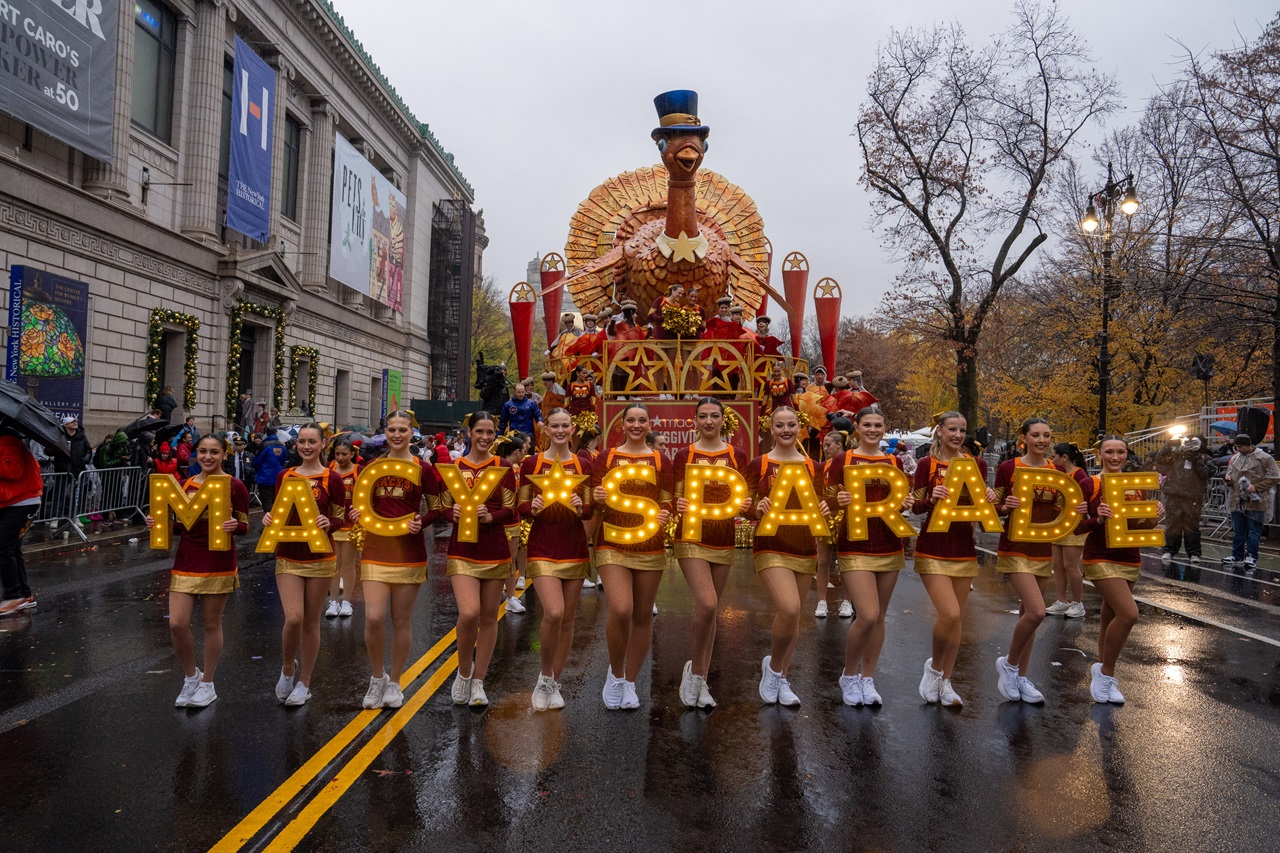
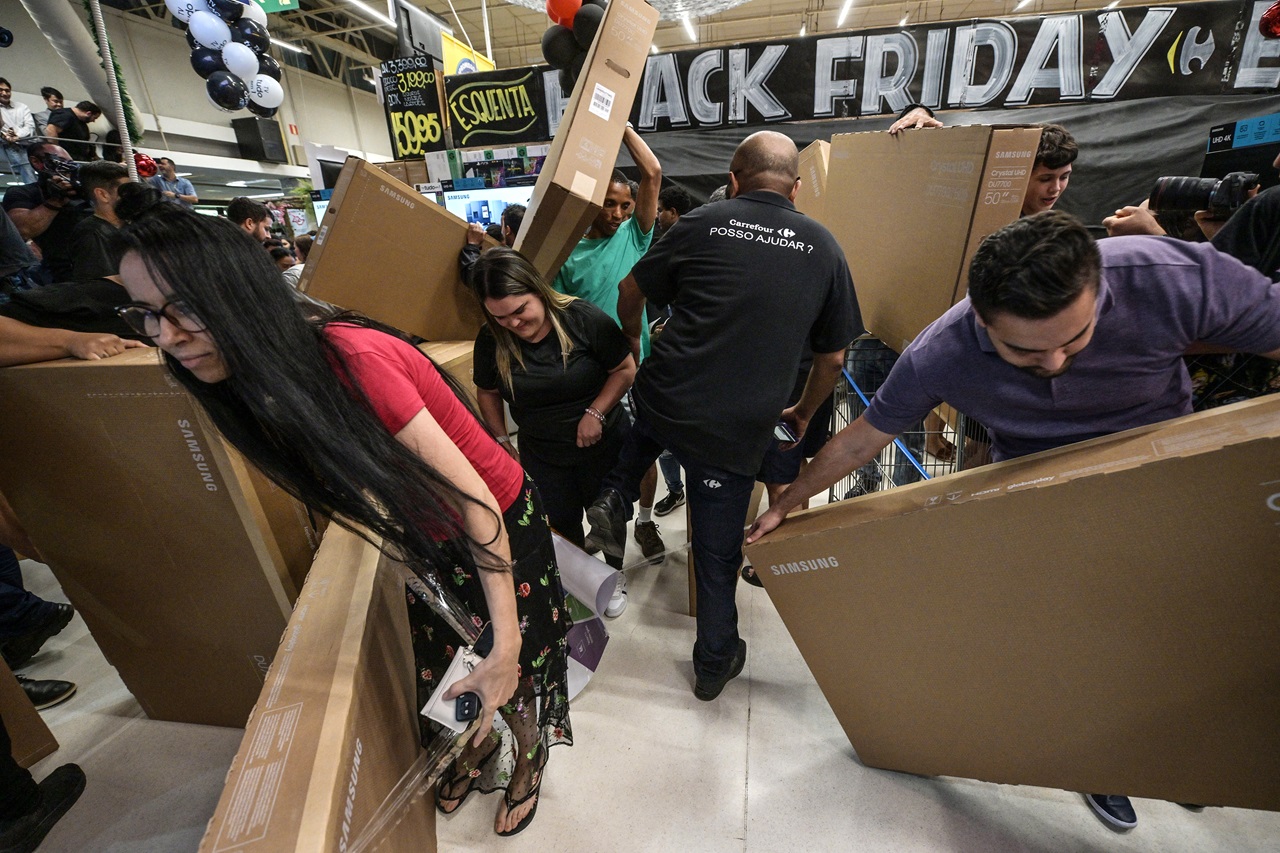
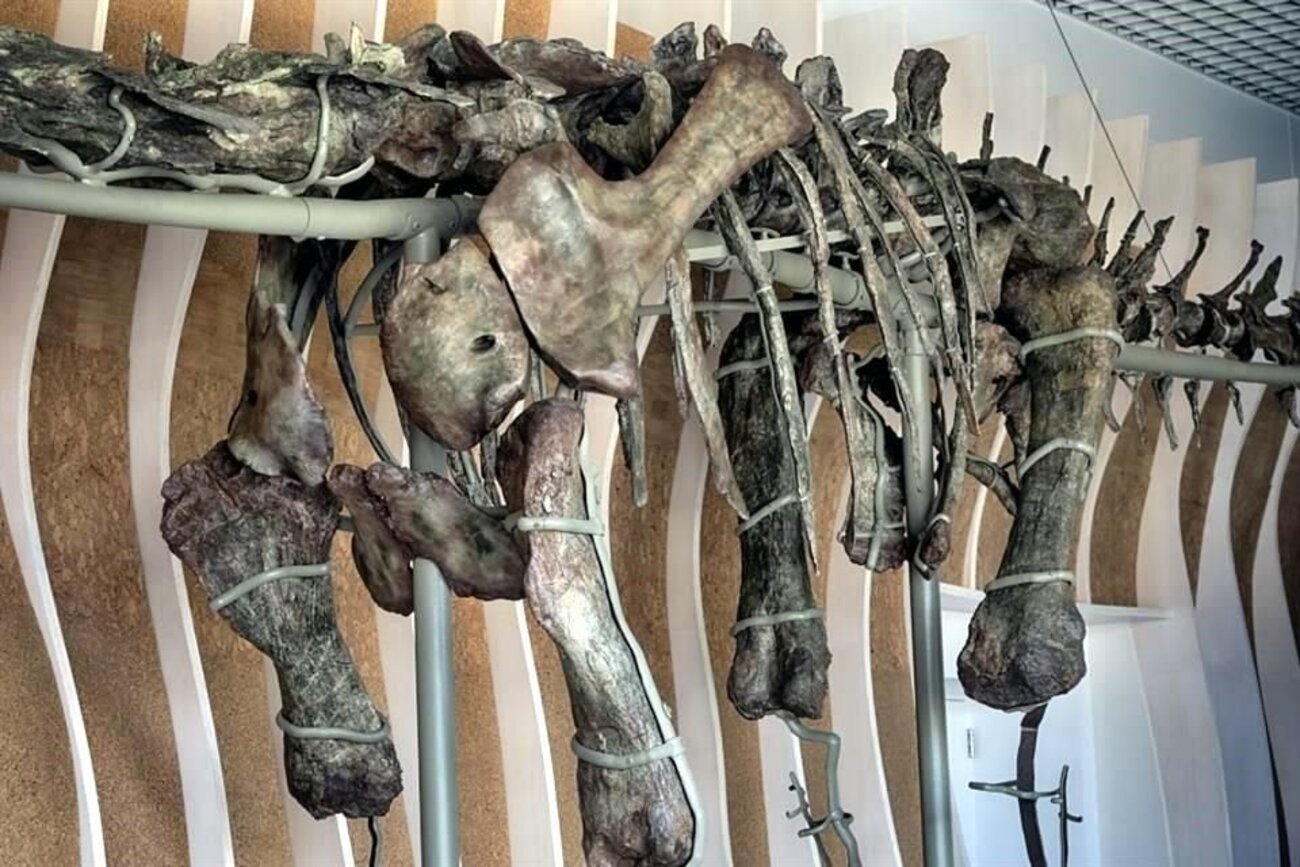
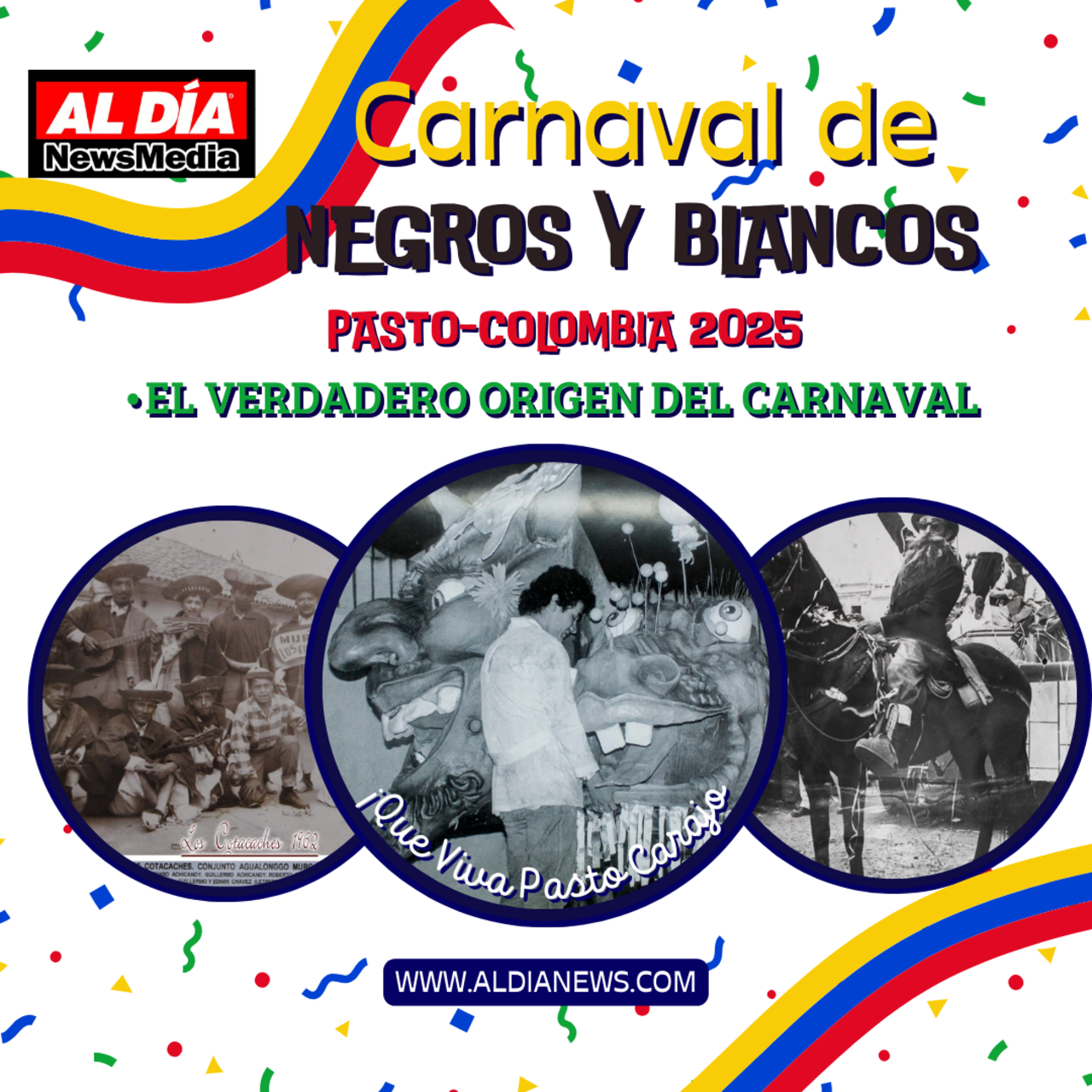

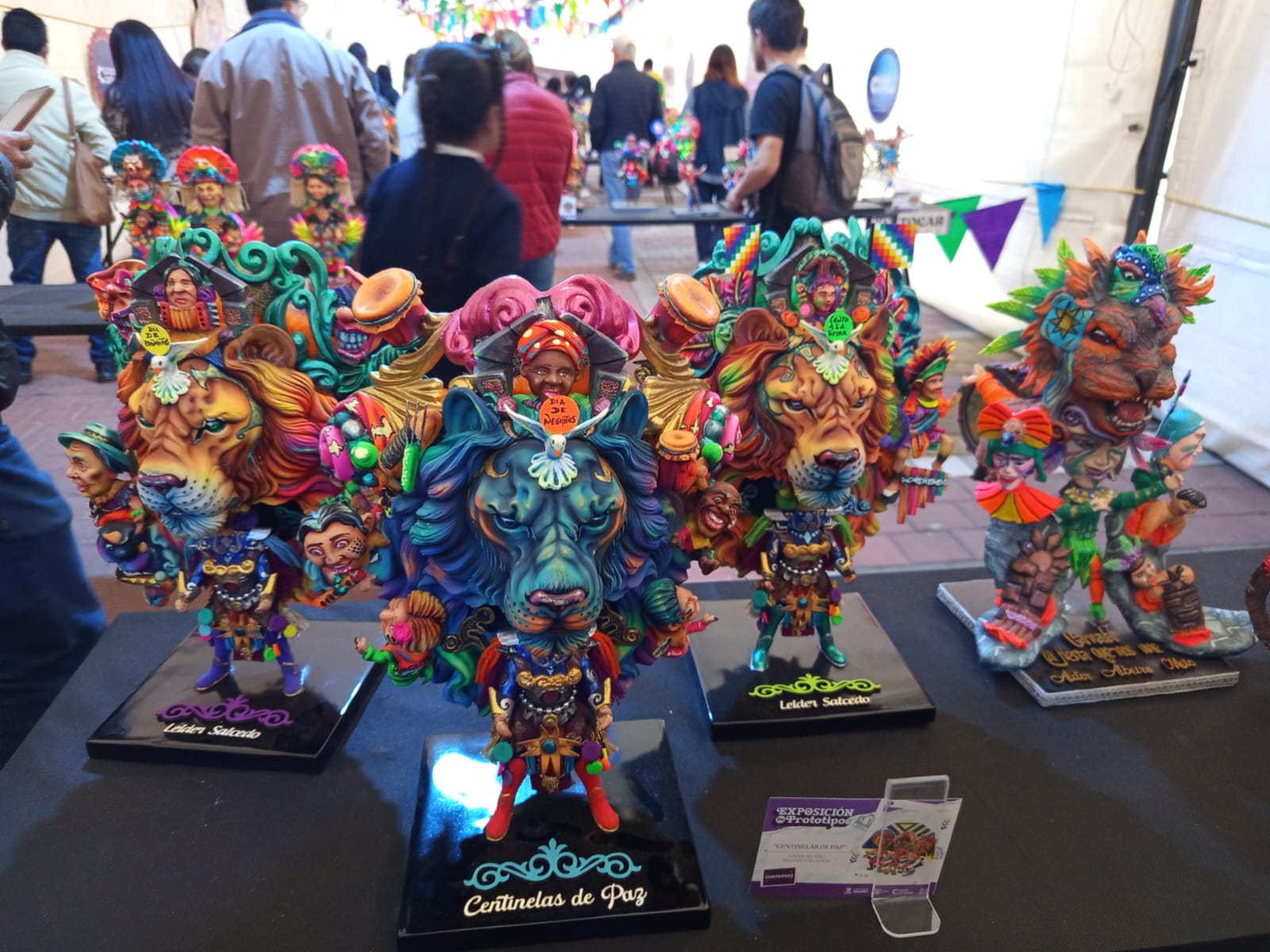


DEJE UN COMENTARIO:
¡Únete a la discusión! Deja un comentario.